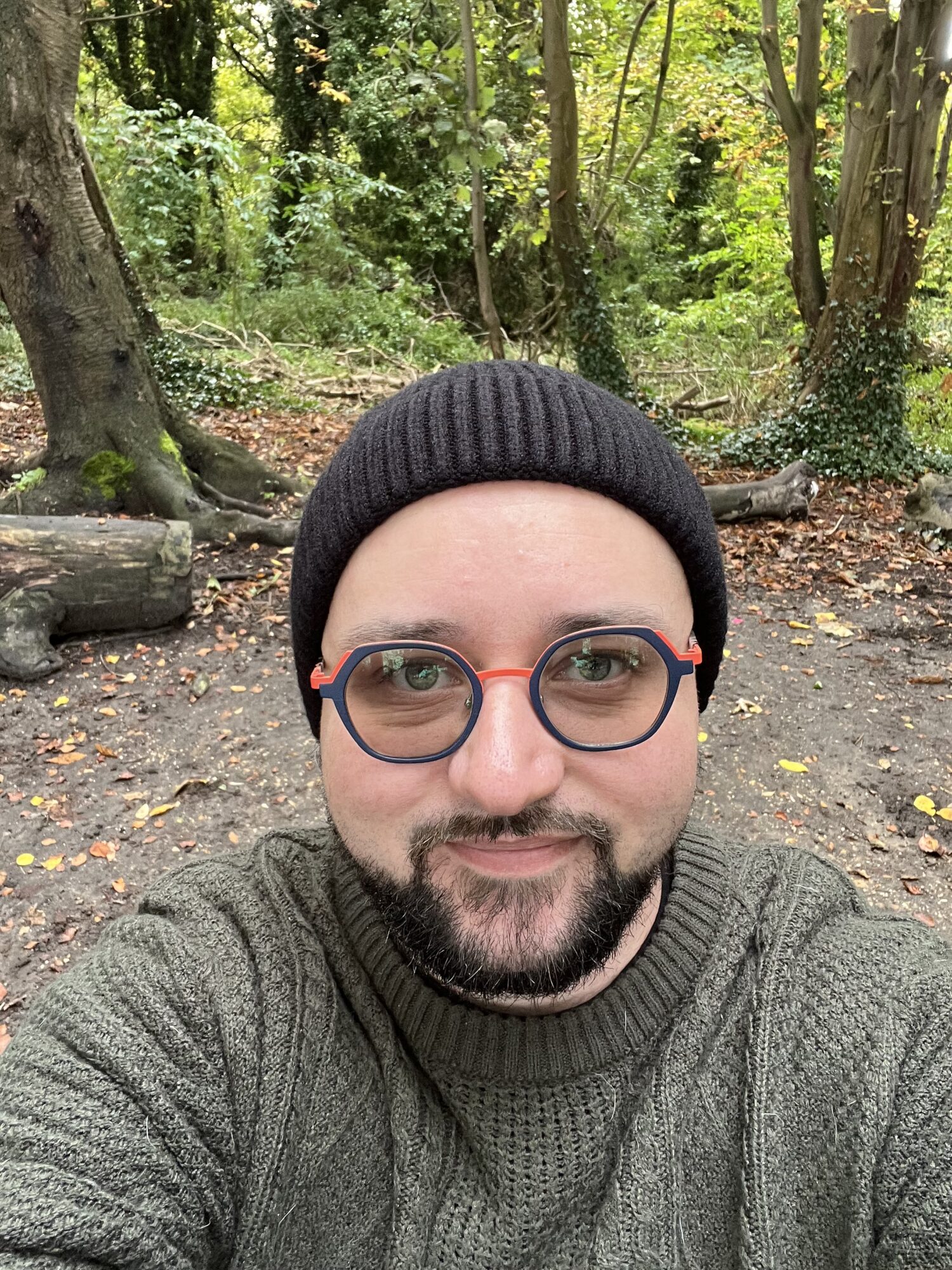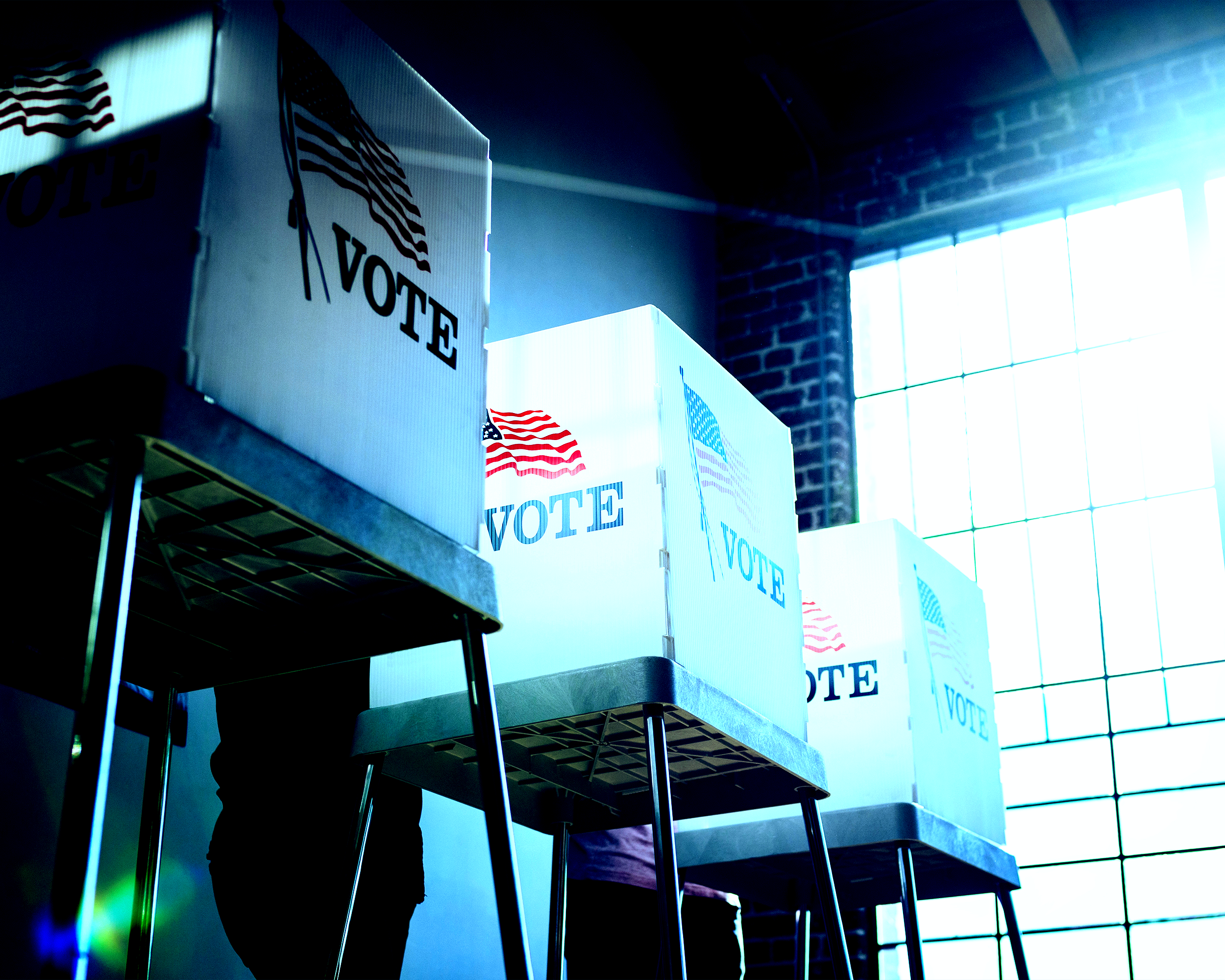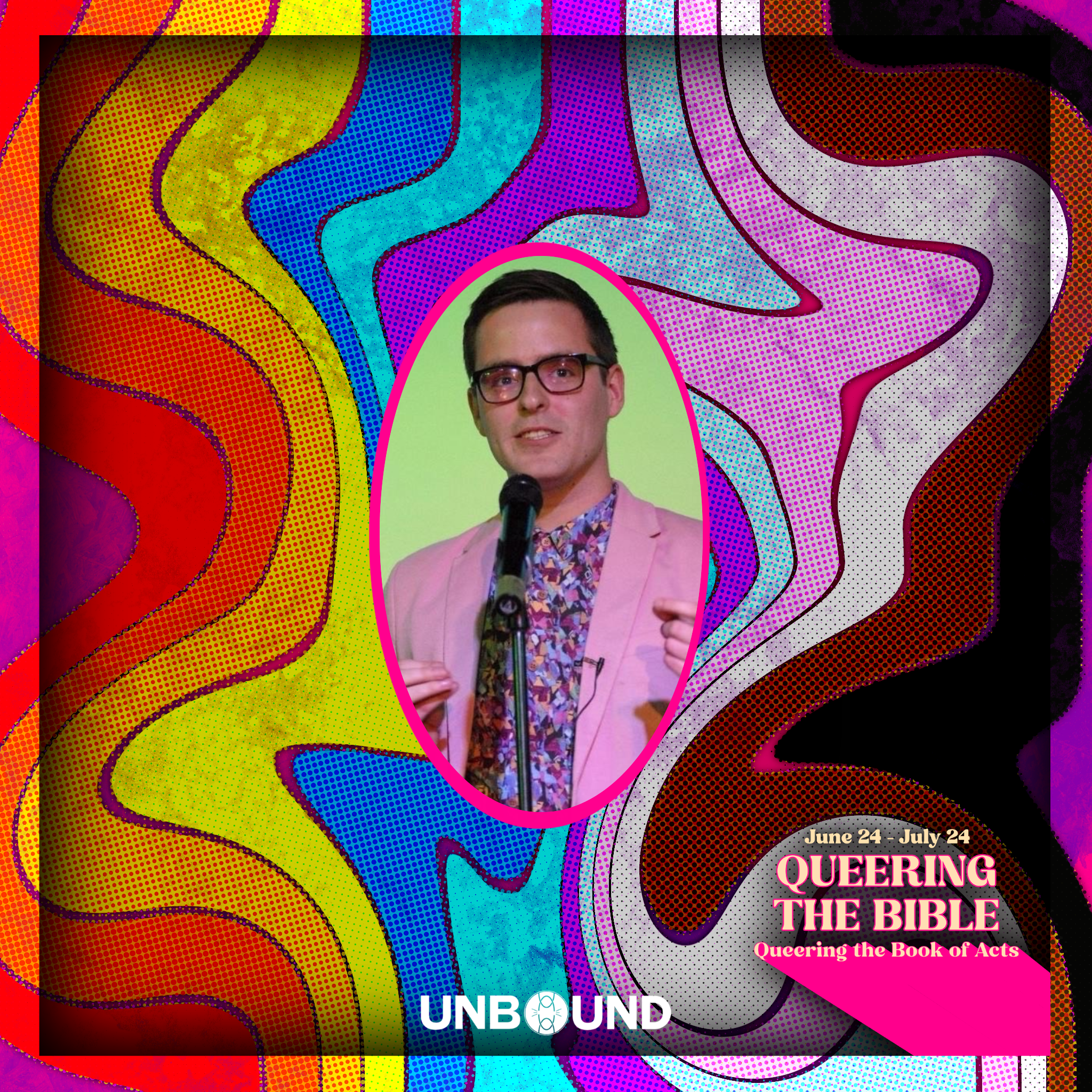Summary
Acts 11 starts with Peter being criticised. The circumcised want to know why he ate with people who were uncircumcised. Peter protests, explaining that he had a divine vision of a giant sheet containing each of the animals that he would traditionally be forbidden from eating. In the vision, the voice of God told him to eat, defending the creatures as clean. Awaking, Peter is enabled by this turnaround to go where he is sent, to Joppa to speak to a group of uncircumcised people. Remembering that God will now baptise in the Holy Spirit, not only in water, Peter asks ‘Who was I that I could hinder God’. Peter’s explanation calms the crowd, who go praising God. At the same time, scattered way-travellers journeyed around, only speaking to Jewish people. Perhaps they would learn Peter’s grace in time.
Queering Rules
This passage from Acts – which I tend to remember as ‘the story about the giant bed sheet in the sky’ has always seemed, to me, to be all about the queering of rules. Suddenly Peter – and, with him, all who travel as part of Christ’s body – can eat whatever we like, be whoever we like, and – I reckon it follows – love whoever we like. More, we are thoroughly told off by God for assuming it might not be so – how dare we name any part of God’s diverse and complex creation unclean? Of course, we know that so many people did, and still do, name other people as unclean. We know that so many people choose rules over love. We know that often the hardest part of loving our neighbour is loving ourselves, especially our gloriously queer selves. So perhaps this queering of rules needs a little more of our attention.
As a trans person, I am struck by the narrative links between this passage and parts of Acts 8. In Acts 8, there are moments of difference and of similarity. In chapter 8, Phillip’s conversation partner is a person with a creative sex and/or gender identity; in this chapter the conversation partners are people of faiths and/or cultural backgrounds which were other than Judaism. In chapter 8, they ask whether they might be baptised; in this chapter they ask whether they might be saved. In chapter 8, they ask, “What is there to stop me being baptised?” in this chapter the question is Peter’s, “Who was I, that I could hinder God?”
It seems, to me, that despite the differences between these questions, and who asked them, they are similar enough to highlight a kind of growth in awareness amongst the early Christian community. In the case of the gender-creative person from Ethiopia, they pose the challenge asking Phillip, “What is there to stop me from being baptised?” The answer, of course, would usually have been “the law”. A gruesome bit of Hebraic law referring to genitals and what we should not do to them effectively ruled so-called ‘eunuchs’ out of religious belonging. They were not to go in the temple and so were not able to learn about scripture. Philip, though, is changed by his meeting with this que(e)rying person, leading him to queer the rules. He understands the barrier for what it is, a fallible construction, and baptises his new acquaintance before continuing on his journey.
Peter, though, has his epiphany sparked before he meets with his conversation partner. For Peter, it is not only rules that apply to others that are changed, but rules that apply to him; rules around food that would make him an outsider, unable to meet with diverse conversation partners. In a sudden spark of creative imagery, though, the rules are eradicated, or at least significantly altered, with a stark warning against judgmental othering. This queering of rules enables Peter to meet with a community whose cultural and faith backgrounds – and eating habits – are different to his. This meeting of cultures, faiths, minds and hospitalities brings Peter to his own question, “Who was I that I could hinder God?” In asking himself this question, Peter highlights a growing awareness that, not only is the barrier to belonging a fallible construction, is it his construction, and he holds the tools that can be used to dismantle it.
I think Peter’s listeners slightly miss the point, though. At the end of the story they reflect back, “Then God has given even to the gentiles the repentance that leads to life.” Perhaps that was the deficit narrative that they needed to construct in order to fit this queer telling into their normative, rule bound, lived experiences. Nevertheless, it seems to contradict the heart of Peter’s tale of abundant grace. Peter is shown that the rules no longer apply in the same way; meaning that repentance is no longer a sufficient response to God. Rather, the table is laid abundantly, enabling the giving and receiving of hospitality without rationalisation or apology. This queer grace changes everything.
Queer Grace Today
“What is there to stop me from being baptised?” “Who was I that I could hinder God?” These questions beg a response from us, today. I wonder how queer grace, like that eventually learned and shown by Philip and Peter, might speak into the imposter syndrome, religious intolerance, culture wars, and narrow welcome that many of us experience in our contemporary contexts.
I live in the South-East of the UK, and am trans, queer, neurodivergent and disabled. These facets of my identity mean that I have direct experience of imposter syndrome, religious intolerance, culture wars, and narrow welcome. When I was writing my doctoral thesis, about trans identities, experiences and understandings, I wondered if I was ‘smart enough’ to bring diverse conversation partners into theological conversations. When I spoke about my lived experience on film I was targeted by a major Christian charity, who denounced both my ministry and my very humanity. When I read the 2024 UK election manifestos, I found anti-trans sentiment peppering most of them. When I try to enter churches and other faith spaces, I am often disabled by poor access and a lack of awareness.
What is there to stop me from being baptised? This question challenges imposter syndrome, reminding us that we are beloved, that we are queerly and wonderfully made. This question rules out religious intolerance, reminding us that God is mirrored in us all, not only in some. This question waves a white flag at culture wars, highlighting the diverse and yet united body in which all belong. This question tears open our welcome, exposing narrowness and breaking down barriers to participation.
Who was I that I could hinder God? This question interrogates imposter syndrome, reminding us that we are born of divinity and precious to the ground of all being. This question squashes religious intolerance, reminding us not to build barriers in God’s way. This question teases apart culture wars, reminding us that God is in the atoms within, between and around each of us. This question paves a smooth path of welcome, reminding us that God will not tolerate the barriers that cause us to stumble.
And so, when you are faced with intolerance, or in need of God’s grace, why not ask those who you face ‘What is there to stop me being baptised?’ and why not ask your own heart, ‘Who am I, that I could hinder God’?

Alex Clare-Young is a minister in the United Reformed Church, an activist, academic, writer and creative. Alex ministers amongst those on the edge who are asking questions about faith, about social justice, and about human identity to re-form the body in ways which are authentic, challenging and relevant. As a trans person, Alex is particularly interested in theologising around gender and identity more broadly. They also write about trauma, post-Christianity, and disability. Their most recent book, trans forming, was published by SCM press in May 2024.



Unbound Social